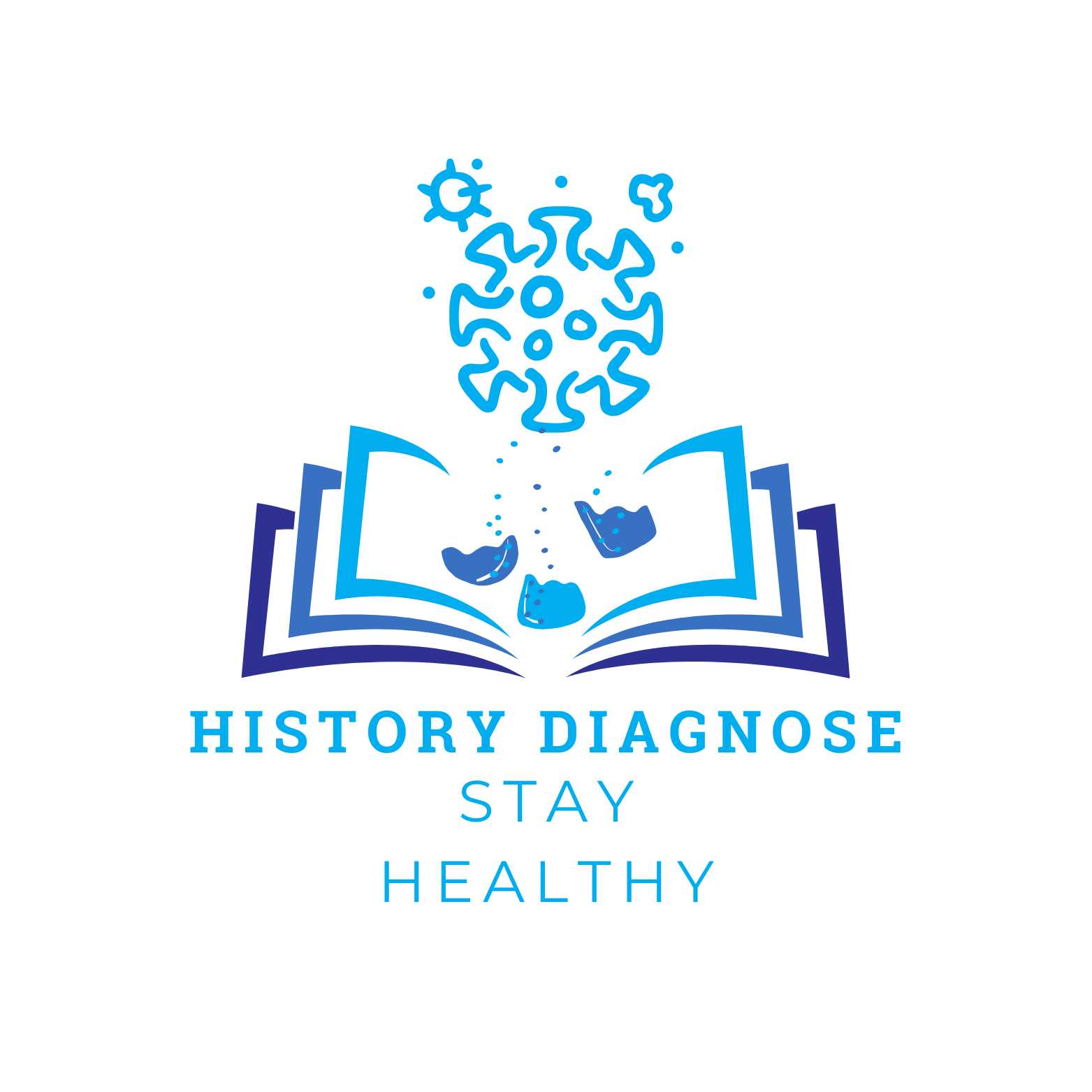Infectious diseases pose significant health risks and can have widespread effects on individuals and communities. Understanding the types, symptoms, and prevention measures for infectious diseases is crucial for maintaining public health and personal well-being. In this article, we will delve into the world of infectious diseases, exploring their various types, common symptoms, and effective prevention measures.
Types of Infectious Diseases:-
Conclusion:-
Infectious diseases can manifest in various forms, each with its own characteristics and modes of transmission. Common types of infectious diseases include bacterial infections, viral infections, fungal infections, and parasitic infections. Each type requires specific approaches to diagnosis, treatment, and prevention.
Recognizing the symptoms of infectious diseases is essential for early detection and prompt medical intervention. While symptoms may vary depending on the specific disease, common indicators include fever, fatigue, coughing, sore throat, body aches, diarrhea, and skin rashes. It's important to note that symptoms can range from mild to severe, and some infectious diseases may be asymptomatic, making them harder to detect.
Preventing the spread of infectious diseases is crucial to safeguarding public health. Implementing effective prevention measures can significantly reduce the risk of transmission. Key prevention strategies include:
Vaccination:-
Vaccination:-
Immunization plays a critical role in preventing many infectious diseases. Vaccines stimulate the body's immune system to produce antibodies that provide immunity against specific diseases.
Hygiene Practices:-
Hygiene Practices:-
Practicing good hygiene, such as frequent handwashing with soap and water, helps reduce the spread of germs. Proper sanitation, including regular cleaning of surfaces and objects, also plays a significant role in preventing infectious diseases.
Safe Food Handling:-
Safe Food Handling:-
Ensuring food safety through proper handling, cooking, and storage is essential for preventing foodborne illnesses, which are caused by ingesting contaminated food.
Infection Control:-
Infection Control:-
Healthcare settings should adhere to strict infection control measures, including proper sterilization of equipment, appropriate use of personal protective equipment (PPE), and adherence to isolation protocols.
Education and Awareness:-
Education and Awareness:-
Promoting awareness about infectious diseases, their modes of transmission, and preventive measures can empower individuals to make informed decisions and take necessary precautions.
To determine if treatments for infectious diseases are covered by insurance, you will need to check with your specific insurance provider. Insurance coverage for infectious diseases can vary depending on the company, policy, and the specific treatments and services included in the plan. In general, insurance coverage may include medications, hospitalization, laboratory tests, and doctor visits related to the diagnosis and treatment of infectious diseases. However, it's best to contact your insurance provider directly or review your insurance policy documents to understand what treatments and services are covered for infectious diseases.
Conclusion:-
Infectious diseases pose significant challenges to public health worldwide. Understanding the types, symptoms, and prevention measures is crucial for minimizing their impact. By staying informed, practicing good hygiene, and following recommended prevention strategies, we can collectively work towards reducing the burden of infectious diseases and protecting the well-being of individuals and communities.
Disclaimer:-
Disclaimer:-
The information provided in this article is for educational purposes only and should not replace professional medical advice.
Remember, early detection, proper diagnosis, and timely medical intervention are key in effectively managing infectious diseases. Stay vigilant, prioritize your health, and consult healthcare professionals for personalized advice and guidance on specific infectious diseases.





0 Comments